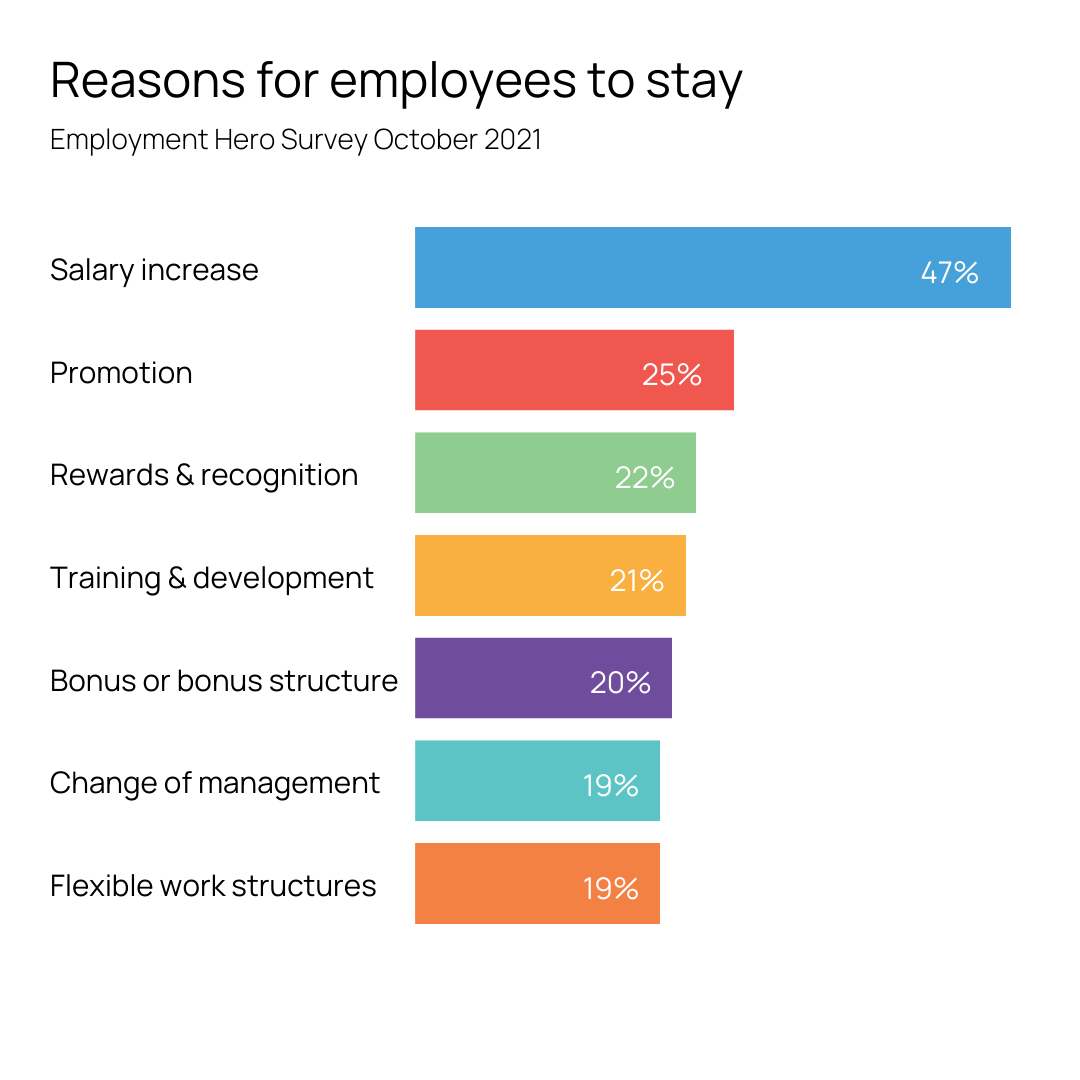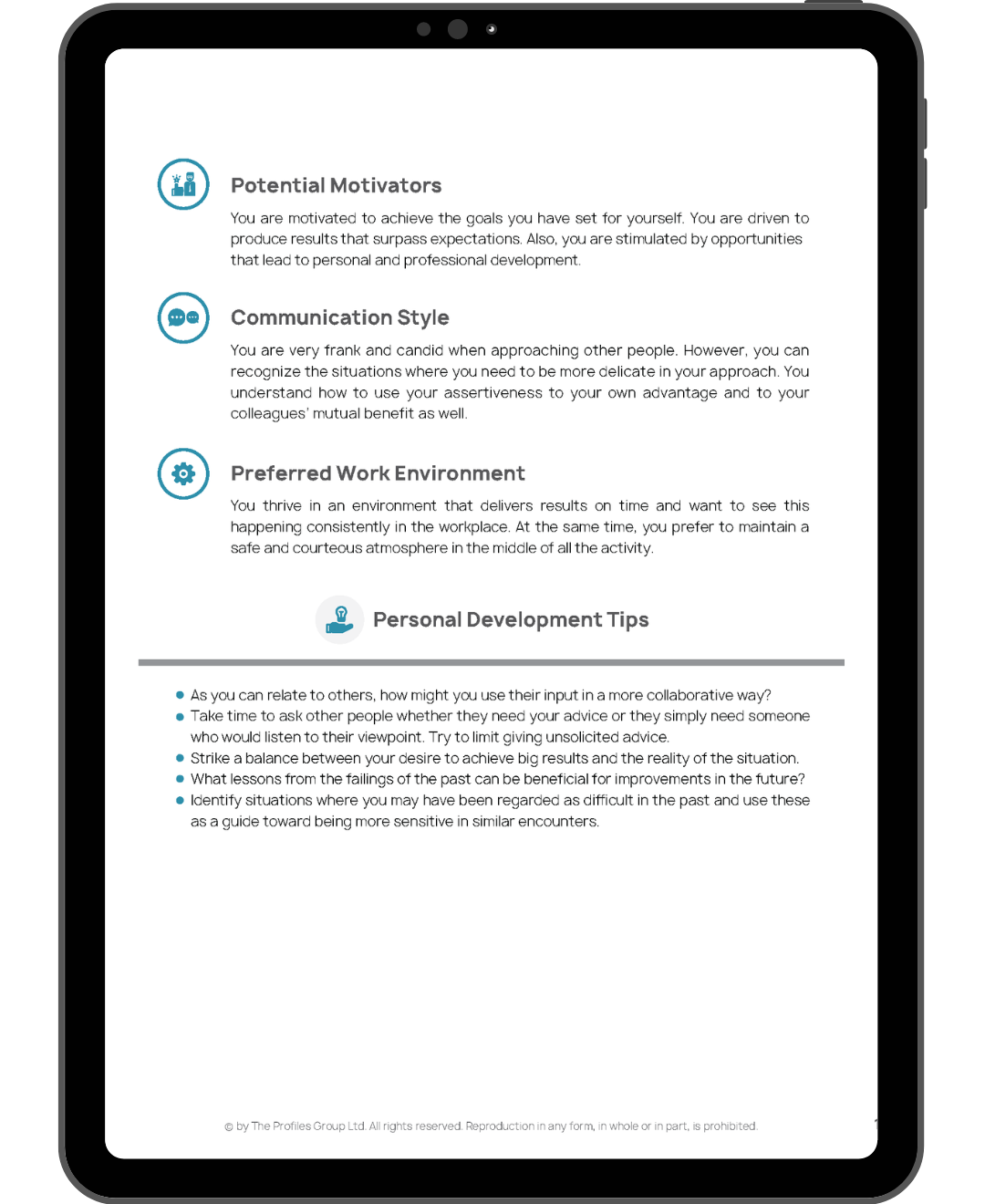Retention is about Leadership
'Staff retention is our biggest focus right now is a comment I hear currently hear over and over again. And not just from HR leaders but from all levels of leadership. Whilst The Great Resignation hasn't reached all shores globally, the challenges we are experiencing are the same: there is a war on talent, and no one can afford to lose their best people.
In a webinar I held in December 2021, I spoke to more than 100 participants about how to turn the Great Resignation into the Great Retention. The problems leaders are seeing:
- Losing their best people to the competition: due to the movement of talent, many opportunities have opened up.
- Lack of engagement: people are working more and more in silos, and 'extreme busyness' is the norm.
- No budget for bonuses or pay rises: businesses have been doing it tough or smaller businesses can't compete with the paychecks of larger firms.
- Increased workloads and burnout: employees have to cover for people who have left or take increased sick leave.
- Post-COVID/return to office realist: not all organisations or leaders are creating engaging cultures where people are working from home and the office.
What are the reasons for employees to stay?
According to an EmploymentHero survey these are the reason people stay:

So, if you cannot offer a salary increase, your best bet to retain your best people is to offer them career prospects, engagement, and make them feel valued and boost your training and development offers.
Retention comes down to how we lead people.
Employee retention strategies demand people management skills.

Leaders need to utilise tools like DISC Flow to learn more about their team members' individual preferences and tap into what will engage them and improve their employee experience.
This personal approach helps us to have meaningful conversations that focus on the unique things each person needs to feel safe and stay motivated.

When we understand how people prefer to communicate and interact, what motivates them, and what stresses them, we can create a culture people want to stay for.
Here are some other employee retention strategies:

1. Remuneration & Benefits
2. Rewards & Recognition
3. Career Pathways
4. Flexibility and Autonomy
5. Leadership Development
6. Engagement
7. Company Culture
There are many opportunities to put structures and initiatives in place to retain people, but I believe it comes down to people leaders knowing their team members. Communicating in their preferred style, understanding their motivators and fears, and offering development tailored to their strengths and weaknesses.
DISC Flow helps to put this information at leaders' fingertips: then it's all about supporting them to leverage it and elevate the employee experience.
If you’d like to learn more about how DISC Flow can help you overcome overwhelm, or coach your team through similar issues, get in touch for no-obligation chat. I'd love to share with you how powerful DISC Flow can be.
If you want to bring the power of DISC Flow into your organisation or coaching practice, our upcoming certification dates are listed below. Places are limited, so enrol now to join us.










